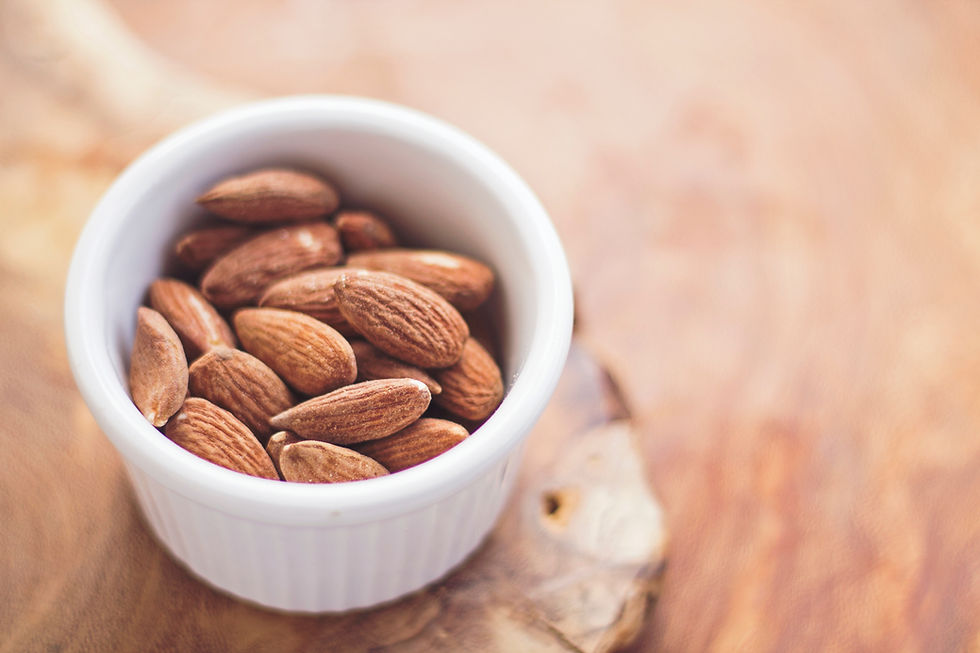Hey there! Did you know that keeping a healthy weight is super important for our overall well-being? One great way to achieve this is by paying attention to the amount of food we eat. By being mindful of our portion sizes, we can make sure that we're giving our bodies the nutrients they need without overeating. It's really helpful to focus on portion control because it can help us maintain a healthy lifestyle and prevent various health issues associated with gaining too much weight. Here are some reasons why portion control is such a big deal:
Calorie Control: Portion control helps regulate the number of calories consumed. Eating appropriate portions prevents overeating and ensures you consume proper calories for your body's needs. Good weight management is essential because consuming too many calories can cause weight gain and health problems.
Nutrient Balance: Proper portion control allows you to maintain a balanced diet. It ensures you're consuming adequate amounts of all essential nutrients, including proteins, carbohydrates, healthy fats, vitamins, and minerals. A balanced diet is vital for overall health, energy levels, and optimal body functioning.
Hunger and Fullness Regulation: Portion control helps you understand your body's hunger and fullness cues. By eating appropriate portions, you can learn to recognize when you're genuinely hungry and when you're comfortably satisfied. By avoiding mindless eating, you can prevent the discomfort of overeating.
Digestive Health: Consuming large portions can strain your digestive system, leading to issues like bloating, indigestion, and acid reflux. Practicing portion control can promote better digestion and overall gastrointestinal health.
Long-Term Sustainable Habits: Portion control promotes mindful eating and fosters healthier eating habits. It encourages you to be aware of your food choices and portion sizes, which can lead to long-term lifestyle changes. Adopting portion control as a practice makes you more likely to make sustainable changes to your eating patterns.
Tips for practicing portion control:
Use smaller plates and bowls to create the illusion of a fuller plate.
Read food labels and be aware of serving sizes mentioned on the packaging.
Measure food portions using measuring cups, a food scale, or visual cues.
Eat slowly and savor each bite, allowing your brain to register fullness.
Plan meals and pack appropriate portioned meals or snacks for the day.
Listen to your body's hunger and fullness cues rather than eating for emotional reasons or out of boredom.

Remember, portion control is not about depriving yourself but finding a healthy balance that suits your body's needs. Consulting a registered dietitian can also provide personalized portion control and nutrition guidance.
Comments